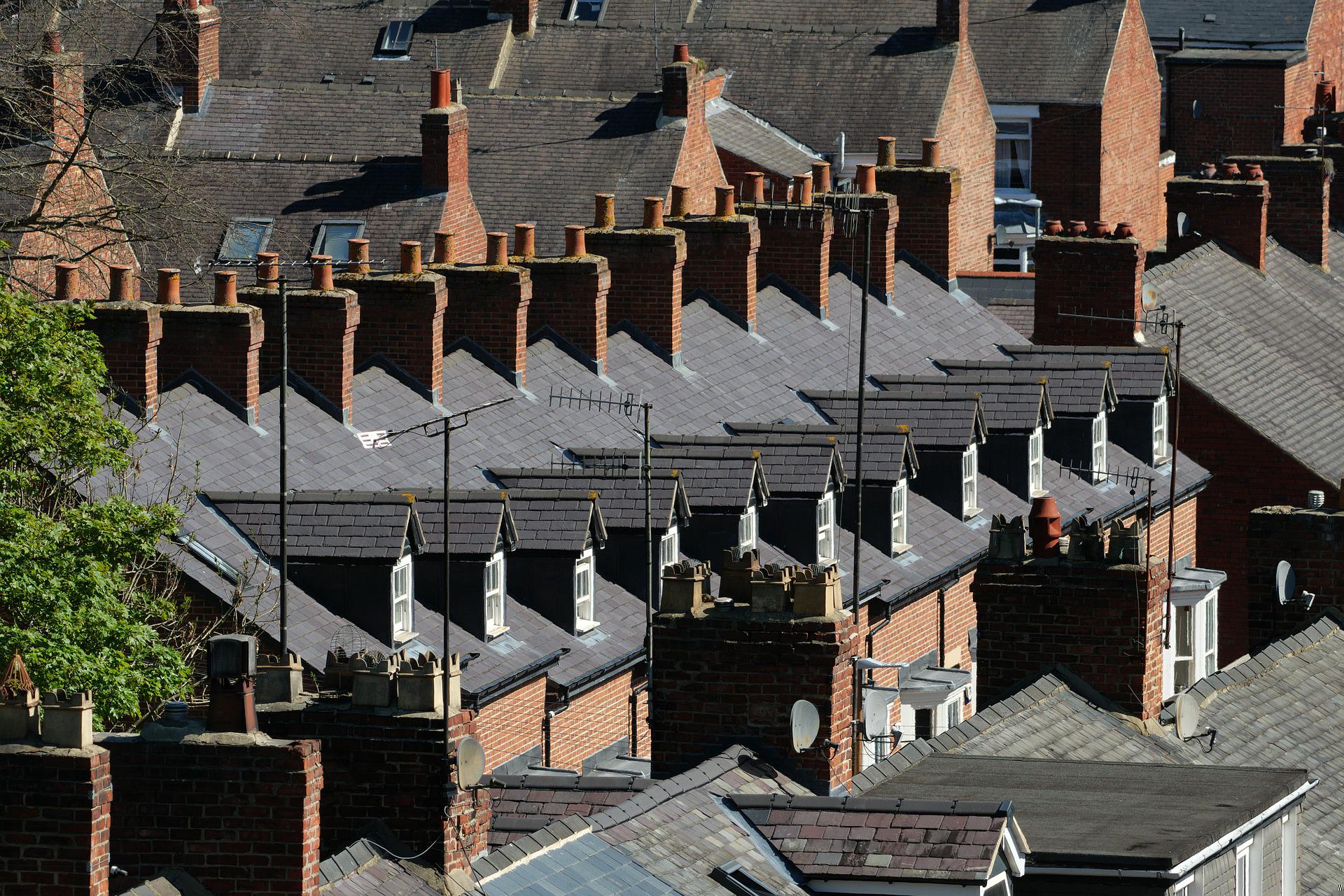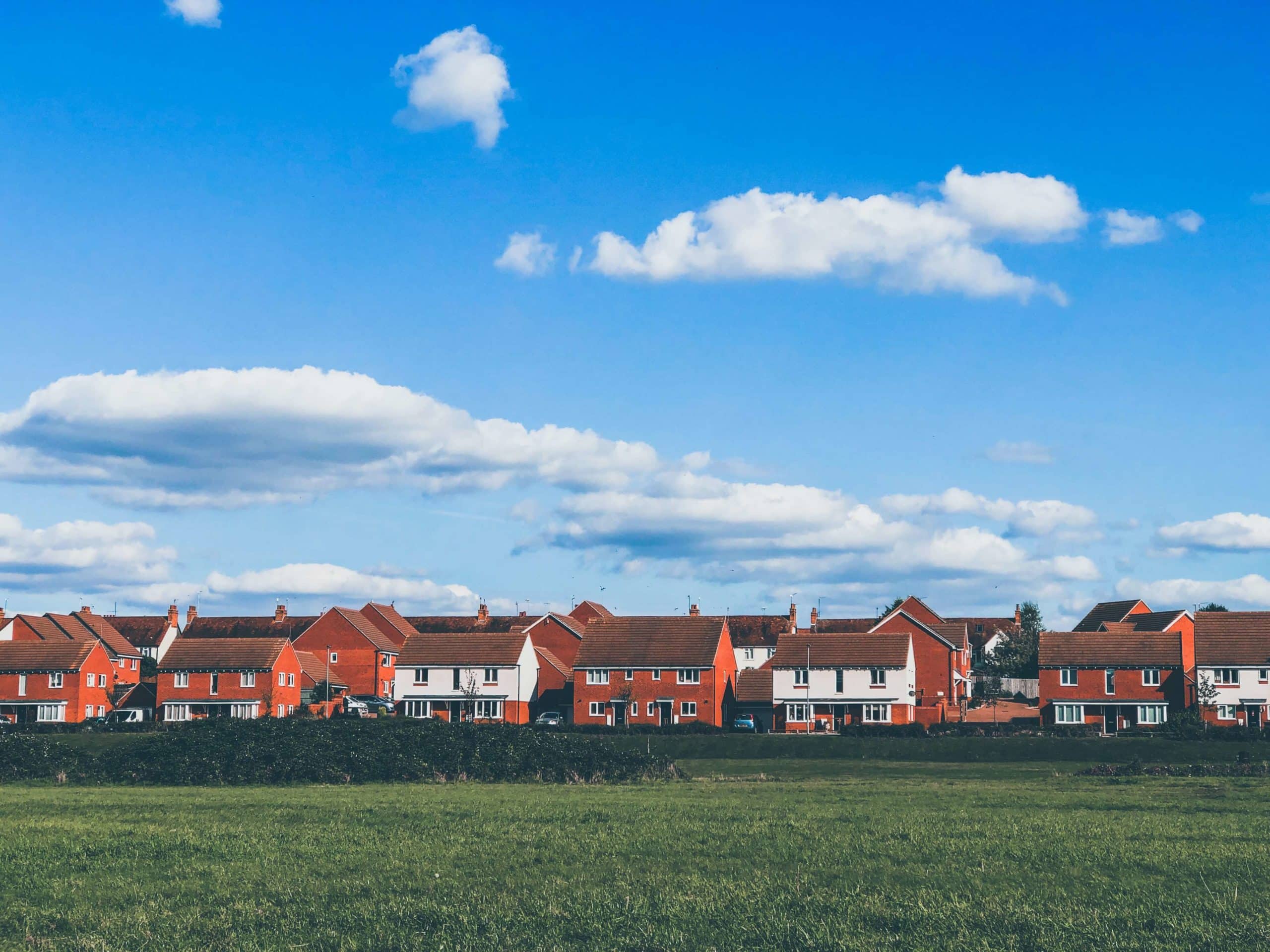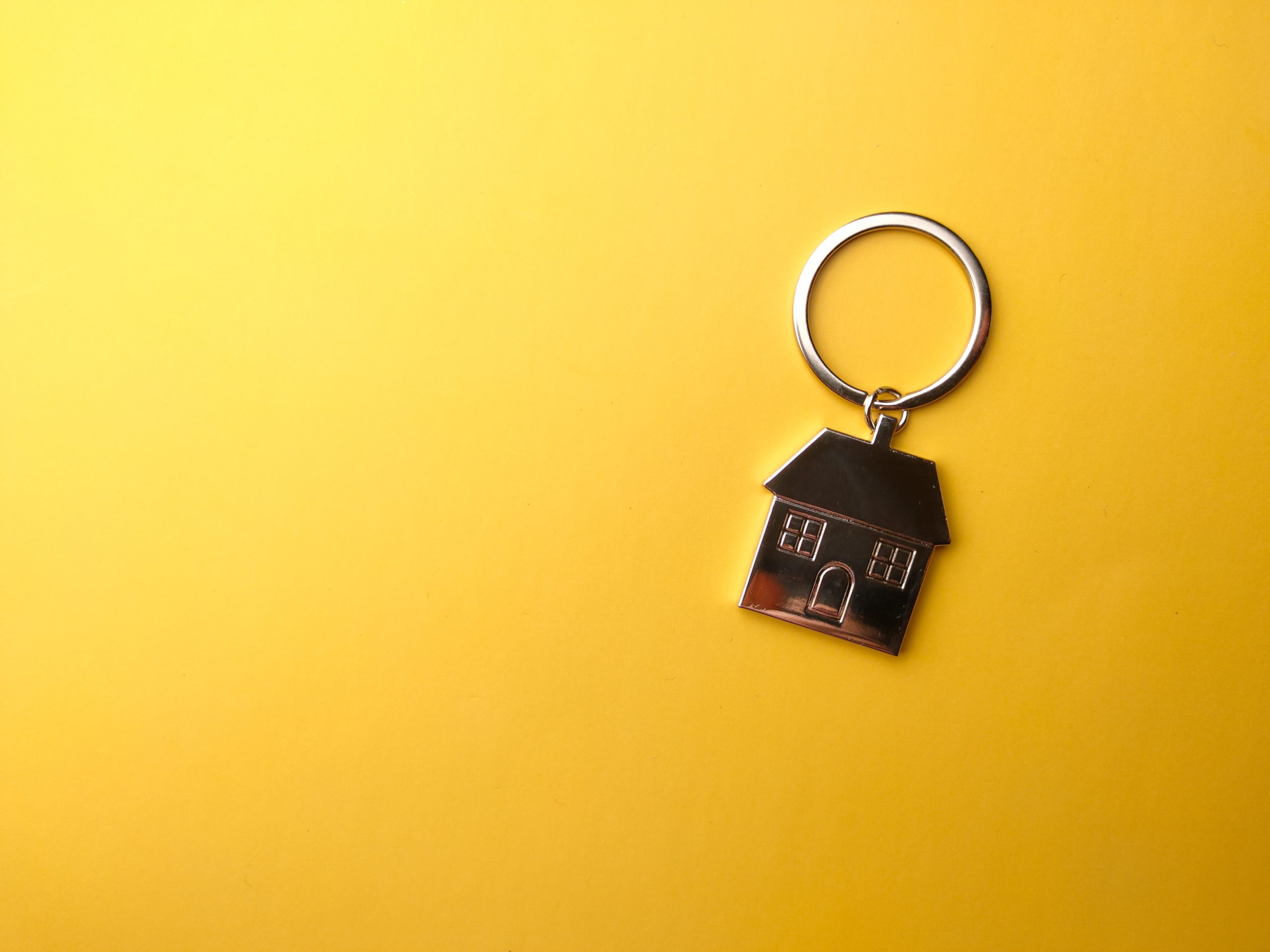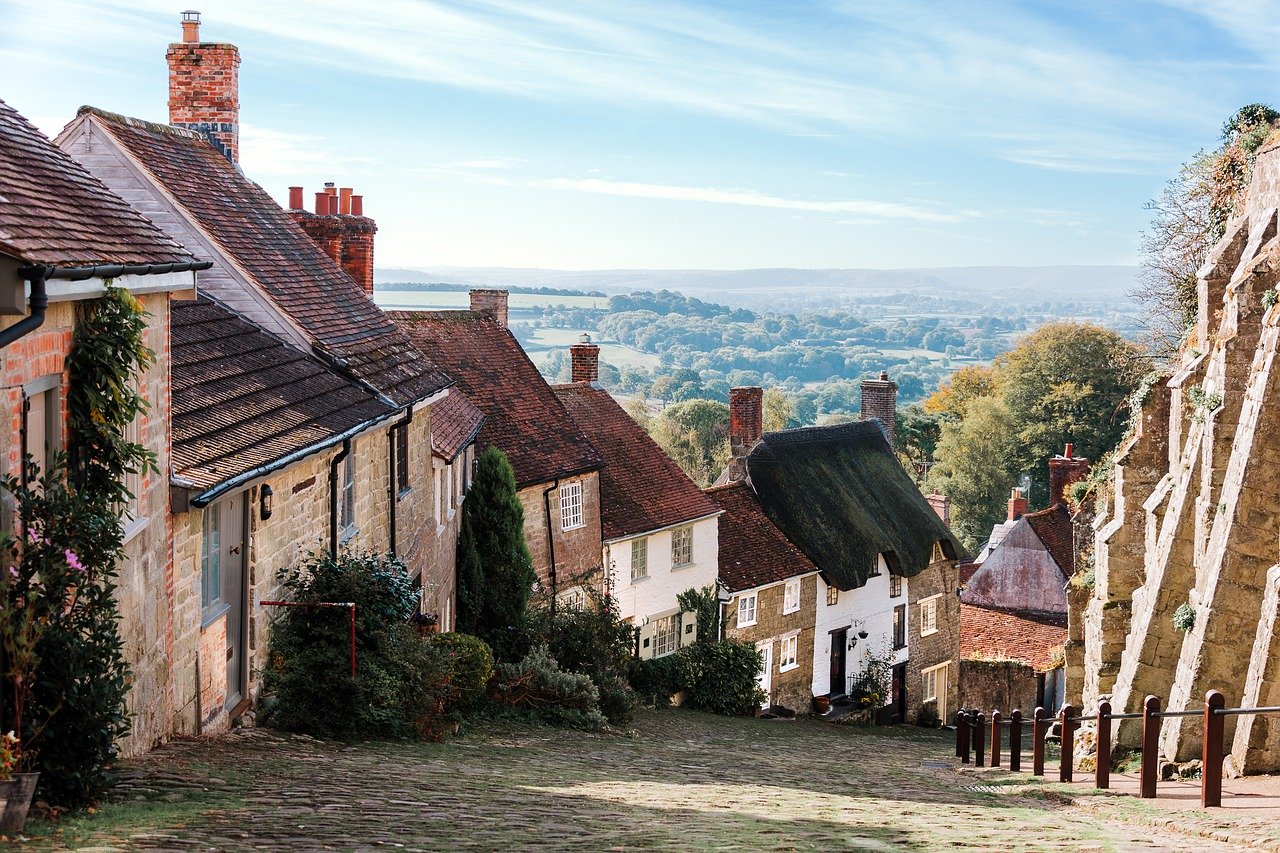A house survey is an important part of buying and selling a property. Not only does it identify the key issues and potential repairs, but it can give confidence to a buyer that the home they are about to put an offer on is as it appears to be.
However, there are different types of house surveys and some are more in-depth than others. To help you better understand this important stage, we have written a blog on this topic below.
And if you’re looking to speed up the moving process, contact us for a chat about how we could help you sell your house fast.
What is a house survey?
A house survey is a type of inspection and report on the condition of your property. This survey looks in-depth at the structural integrity of a property as well as identifying other issues such as the presence of damp, invasive plants, but also the condition of the roof, walls, windows, and electrics, among others.
This survey gives potential buyers an indication of the property so they know what to expect when they make an offer. It prevents any unwanted surprises from arising down the line.
The different types of house survey
There are three different types of house surveys, starting with a condition report. This is the cheapest but least in depth. It looks at the structural condition of the property and will identify areas that need urgent attention, or legal issues that could cause a sale to fall through.
Next up is a homebuyer’s report. This looks at the same areas as the condition report but makes suggestions on repair and maintenance to give an idea as to how much repairs might cost. Most will also include a valuation.
Then there is the most in-depth – a building survey.
An important part of the buying princess, each type of house survey helps buyers understand how much they may need to spend on a property should they make an offer.
What type of house survey should I get?
The type of house survey you should get very much depends on different factors, including the age of the property, as well as your budget.
An RICS Home Survey Level 1 is a basic and cheaper survey. It is better for conventional properties that are in reasonable condition. They use a traffic-light style rating system to look at different areas of a building to show which need attention. They also look at risks but do not give advice on the valuation of the property and do not go in-depth.
The RICS Home Survey Level 2 used to be called the Home Buyer report and is considered a mid-tier survey, a popular choice for properties in reasonable condition. This report provides the same as level one but also checks the roof and cellar. This will give you recommendations for negotiating the price to help buyers make an offer with confidence. It will also advise on the cost of repairs and give a market value (if you also pay for this service, as some come without).
Level 3 is the most in-depth and is known as a full structural survey. This type of survey is good for older homes, unusual properties, or homes with renovations. Anyone who has any concerns over a property should consider this survey. It includes everything from levels one and two, plus will identify the risks involved in buying the property, and look at the scope of any potential work required.
How much a house survey costs
The cost of a house survey varies depending on the level. As an overall outline, it can cost anywhere between £300 to £1,500.
A Level One survey can cost between £300 – £900. A Level Two survey can cost between £400 – £1,000. A Level Three survey can cost between £650 – £1,500.
Factors that impact the price of your house survey includes area, additional services such as a valuation, and how in-depth the survey will go.
How long does a typical house survey take?
The length of time a house survey takes depends on the size of the property and which survey you opt for.
A level 1 survey usually takes around an hour for an expert to complete. Meanwhile, a level two survey can take up to three hours, and a level three survey could take as long as a day (although this may vary). The level 3 survey takes the longest because they are full structural surveys, and so there is a lot more to consider.
The things a survey doesn’t include
A house survey does not include a final valuation of a house. The mortgage valuation is at the discretion of the lender, although it will take into account the findings of the report.
The survey also does not test the electrics or the gas. The surveyor may assess their condition by turning on the heating and switching the lights on and off, but a surveyor is not a qualified electrician or a gas engineer, and so they cannot do more detailed testing in these areas.
Your surveyor also cannot test the removal of load-bearing walls, or advise on planning applications. If an extension or renovation is not yet built, a surveyor cannot advise on cost or the likelihood of permission.
Only a structural engineer can give guaranteed assessments of subsidence.
Is a mortgage valuation the same as a house survey?
A mortgage valuation and a house survey are not the same thing. Mortgage valuations are an assessment that the lender carries out to create a valid mortgage. This is for the lender alone and will assess the level of risk for the lender.
A mortgage lender needs to create an evaluation to make sure there is enough value in the property to negate the risk. A lender will require the service of a trusted surveyor and the buyer will need to pay for it. A mortgage valuation varies depending on the size of the property but will usually cost around £300 – £400.
Many mortgage lenders will do free valuations but this isn’t always what it seems.
A deal with a lower interest rate is more favourable in the long run as it will save more money compared to a mortgage with a higher interest rate and a free valuation.
How to find a house surveyor
There are a few factors to consider when looking for a house surveyor – although you should start by searching in your local area. Surveyors in your area are more likely to spot typical signs of potential damage as they know the climate and typical condition of similar properties nearby.
Make sure the surveyor you use is RICS (Royal Institute of Chartered Surveyors) qualified so they adhere to the code of conduct and offer a reliable service.
Treat them like any other tradesperson and look for reviews and recommendations. Have any of your friends had a positive experience in recent years? If so, see if they would recommend their house surveyor.
Be sure to shop around for quotes and don’t necessarily go for the cheapest. Look for at least three quotes to get a good sense of what you should expect.
Also, don’t listen to your estate agent as they will recommend someone they work with a lot. Only go with their option after shopping around so you can make an informed decision.
Getting surveys on a new build property
Newly built properties still need a survey, although a snagging survey might suffice, which looks at defects and issues that need fixing before moving in. This survey should look at minor issues that might not be serious such as a catching carpet, but also some of the more serious issues. These surveys cost around £400 – £600.
You should do a snagging survey before exchange to give you more negotiating power and allow you to look at the price of fixing any problems. Some developers might not let you on-site, but if this is the case, consider a snagging survey after moving.
Do you need a house survey?
You do not need to get a house survey done before buying, but some lenders will insist on them. Not only can they give you peace of mind, but they help buyers avoid costly repairs down the line, and can bring hidden issues to the forefront.
Anything from a rewiring job to hidden dampness can arise. Furthermore, even if a small crack in your ceiling is not a major issue, finding out for certain will give you peace of mind.


















